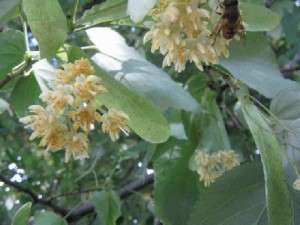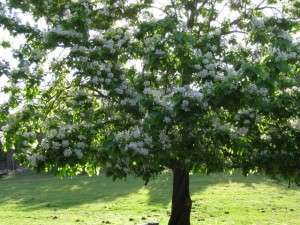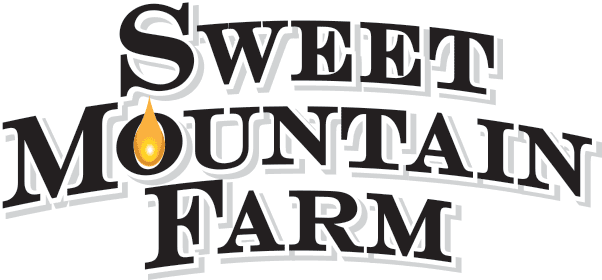USDA Spending 3 Million to Feed Honeybees

FOX News, Associated Press, February 25, 2014, – USDA spending 3 million dollars to feed honeybees in five Midwestern states. The grant will help those farmers registered, inspected and score high when the application is rated by EQIP (Environmental Quality Incentives Program). Farmers with the most acreage committed to planting bee friendly plants and located within a mile radius of honeybee colonies will be selected. The USDA-NRCS must follow strict guidelines about how bees can be fed.
The USDA has a short-term solution that is short-sighted if the pollen sources funded by the grant disappear at the end of the season. Unless the USDA funds this project indefinitely, the honeybee will be given a year’s food source and then starve the following year. The grant is good for some crop farmers who plant cover crops such as clover; however, there is no long term benefit for honeybees or their keepers. This grant is a short-term fix that could negatively impact honeybees. Diversity amongst plants is necessary to provide a season long bloom. The alternative leads to starvation once the bloom if over.
Solutions require significant long term improvement in honeybee survival rates. Sweet Mountain Farm’s apiary is located on forest and wetland. The honeybee’s greatest need, given its environment, is to release the basswood (linden tree) and dogwood in the understory that is overcrowded by a dense canopy of competing tree species. Honeybees prefer basswood and dogwood, abundant and nutritious sources of pollen and nectar. Dying basswood could be cut for regenerative stump growth.

It is not too hard to find basswood trees because once the sweet floral perfume fills the air the search is on to find the flowers that produce the heavenly scent. Stand under the canopy of a flowering basswood on a warm sunny day and inhale. The basswood is just one long term solution that provides forage for many year’s to come.
The greatest and most immediate good is to cultivate resources already available. The EQIP grant offers new shrub plantings that will take time to establish. New plantings are a step in the right direction however priority should be given to the immediate and long lasting benefits that exist from culltlivating and protecting well established trees and shrubs that have the most potential to provide long lasting nectar and pollen sources.
